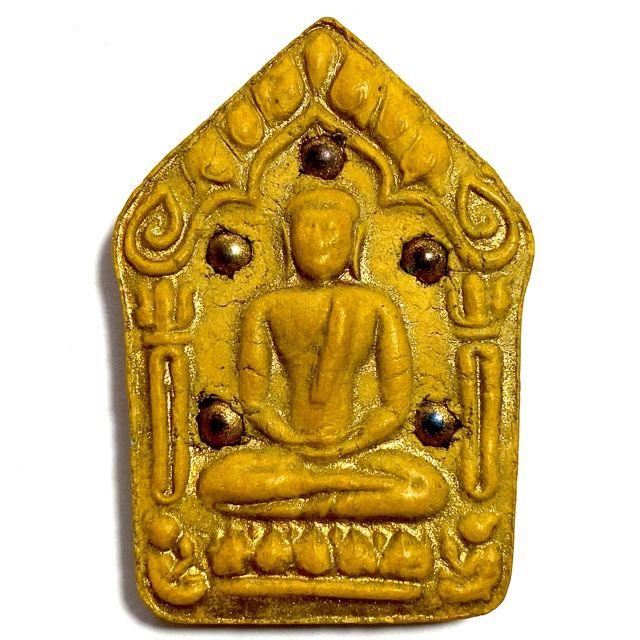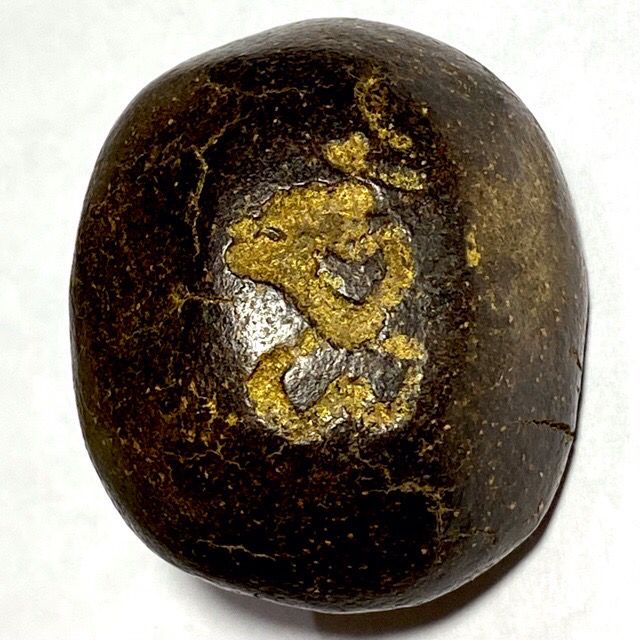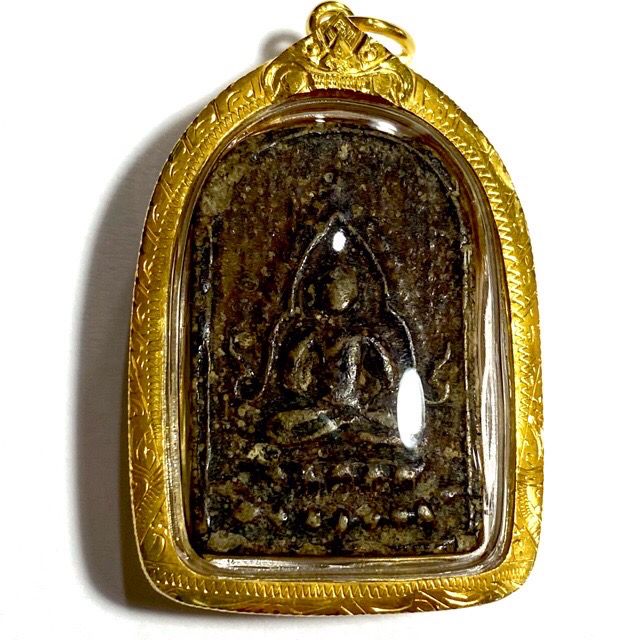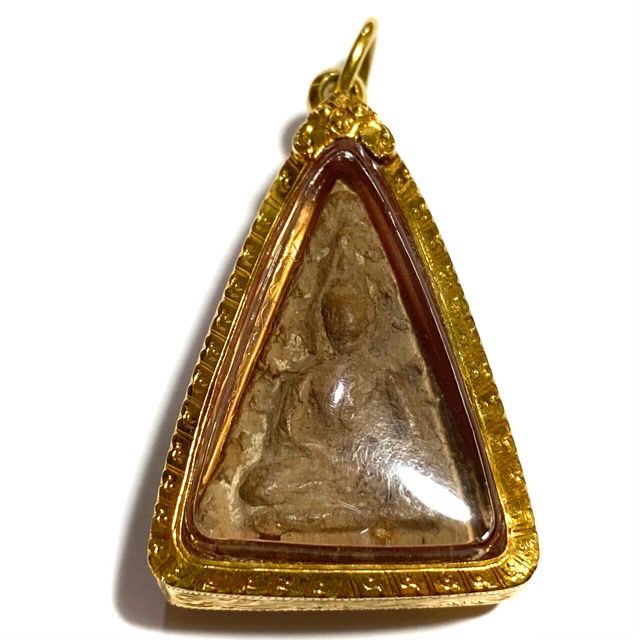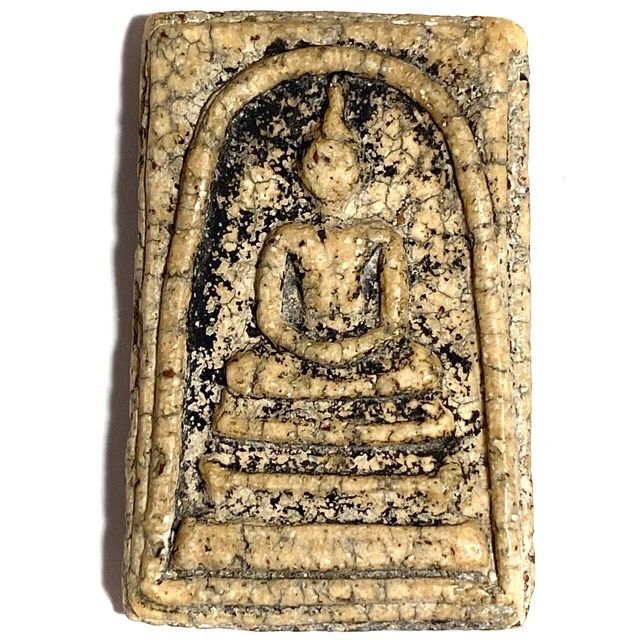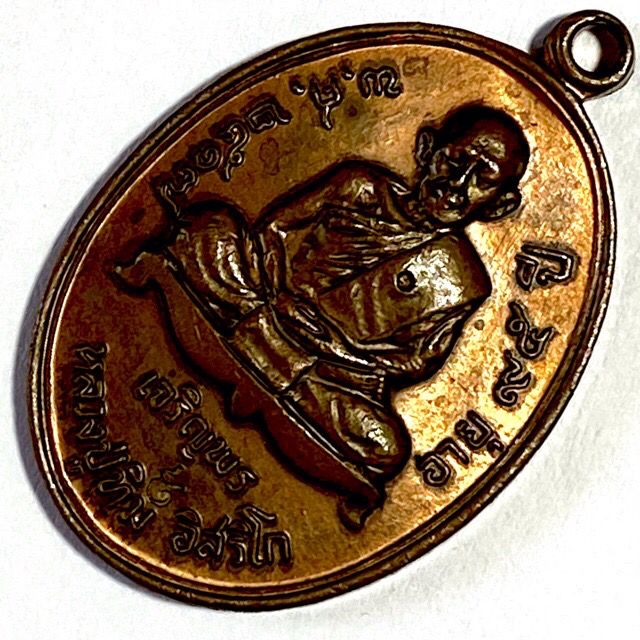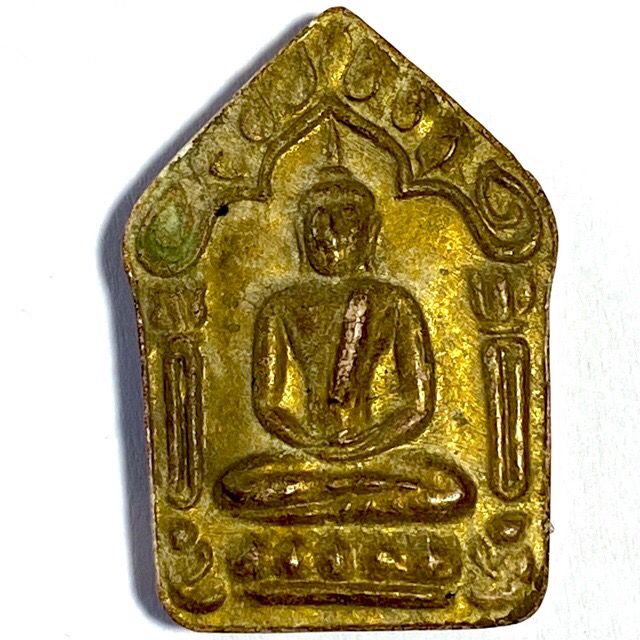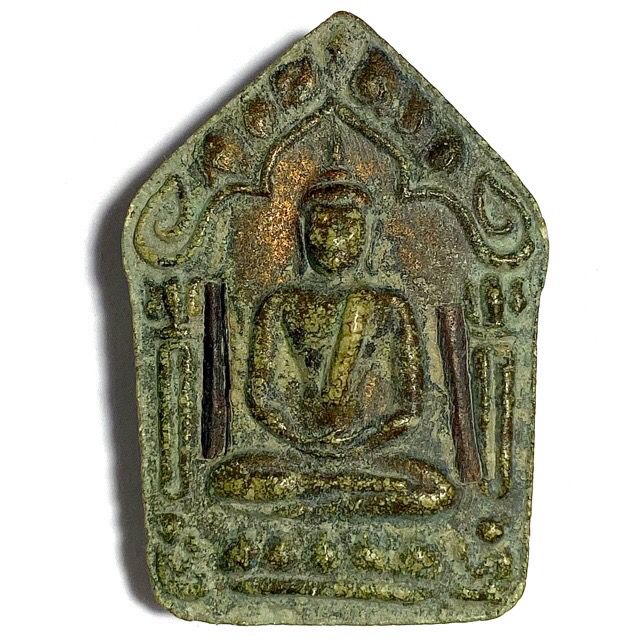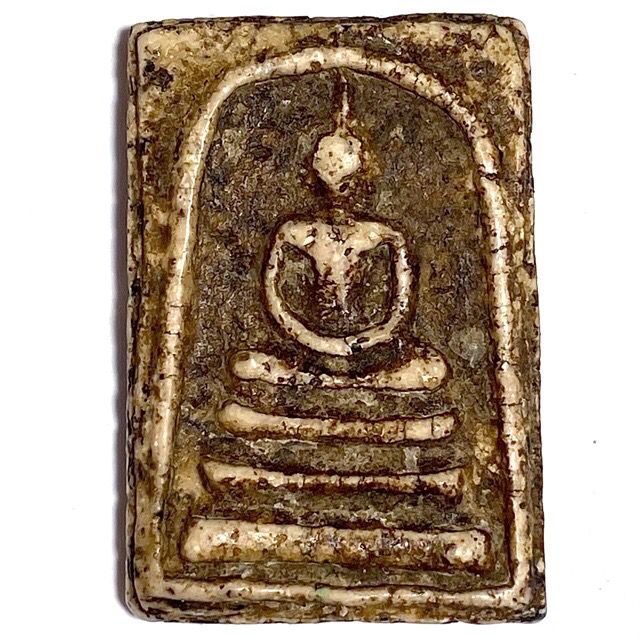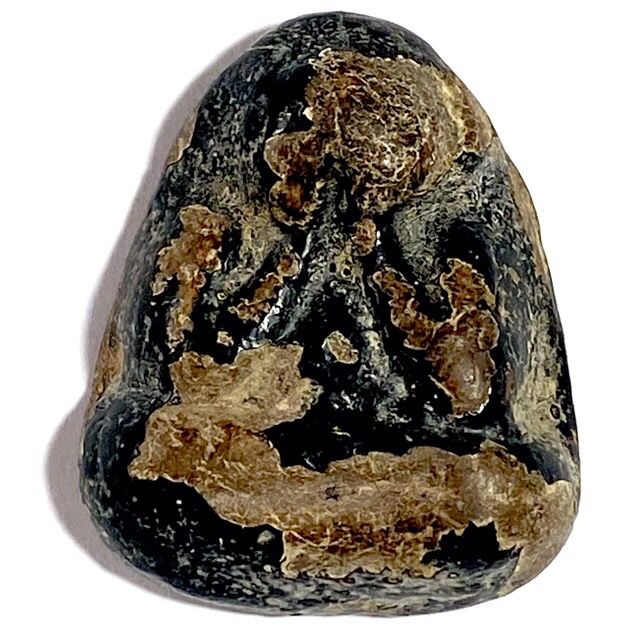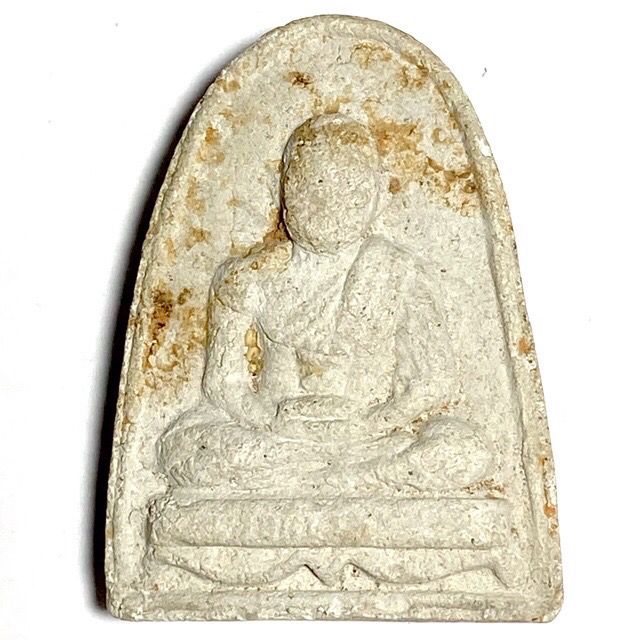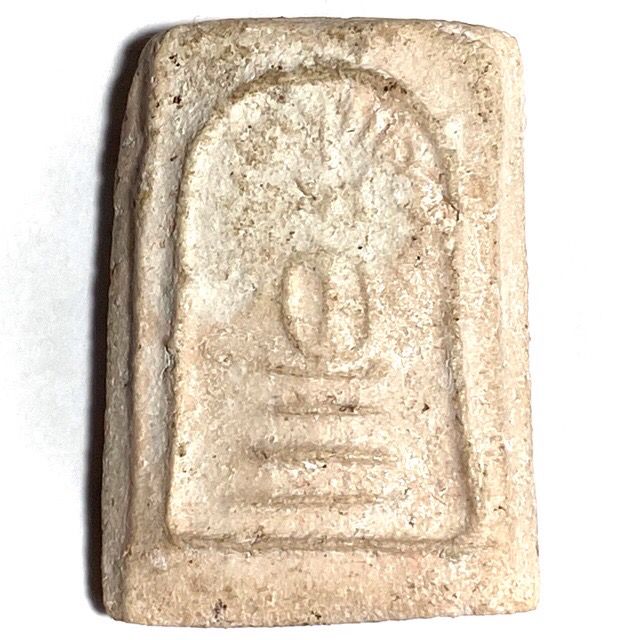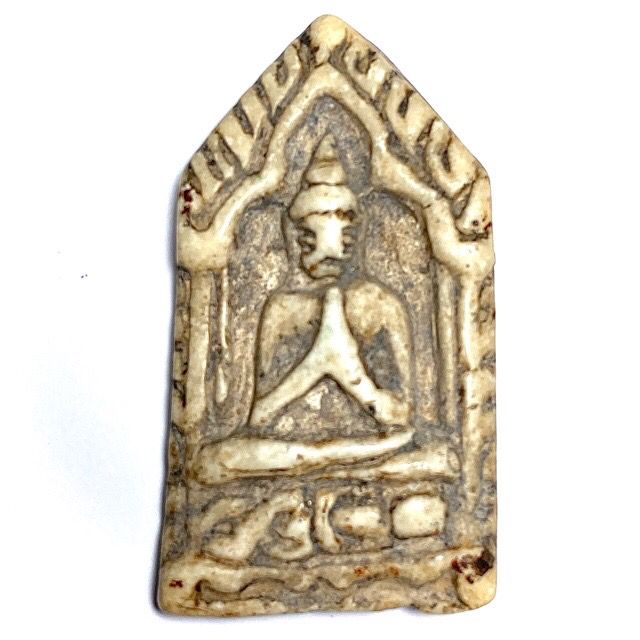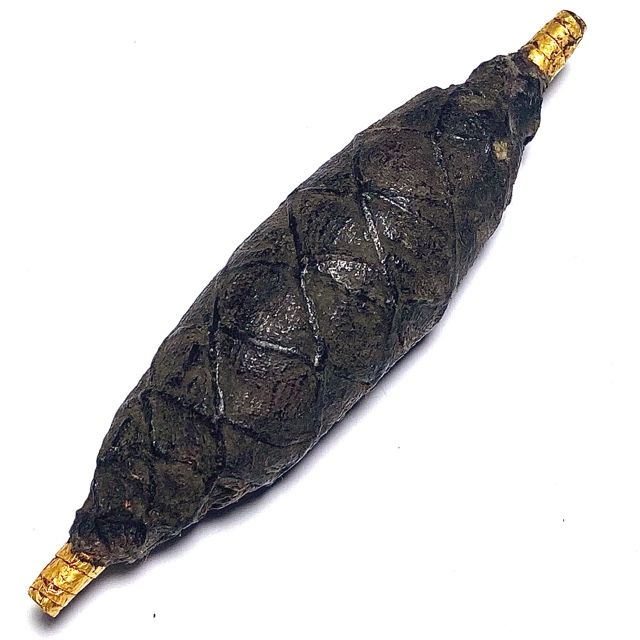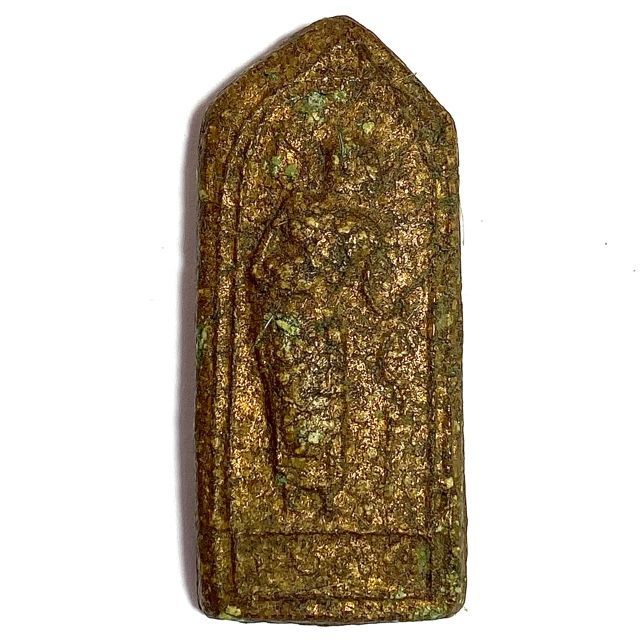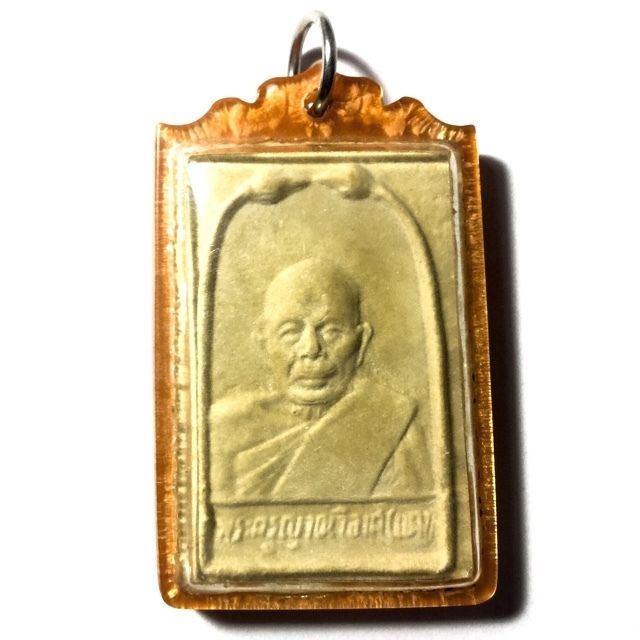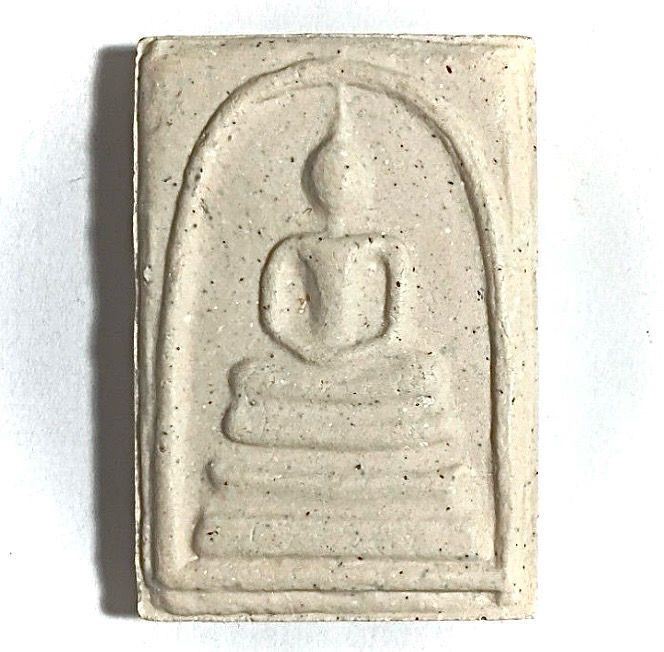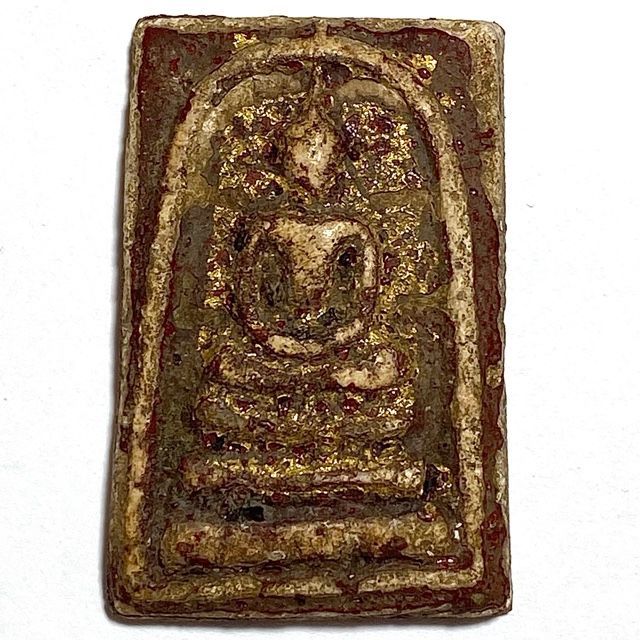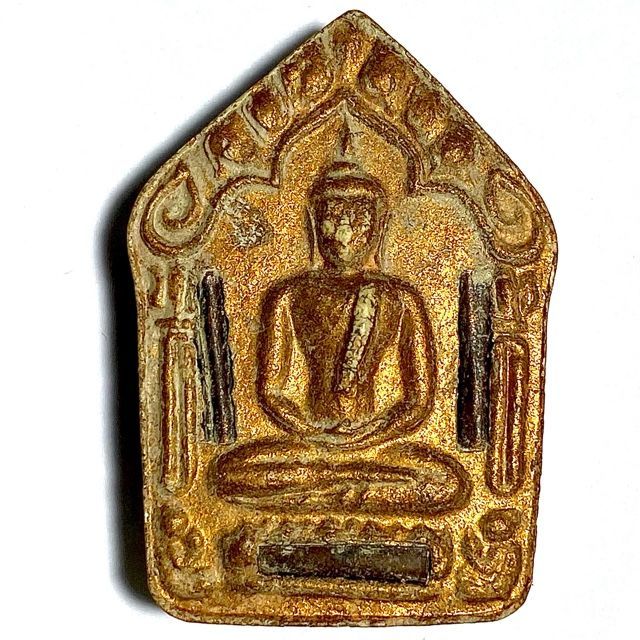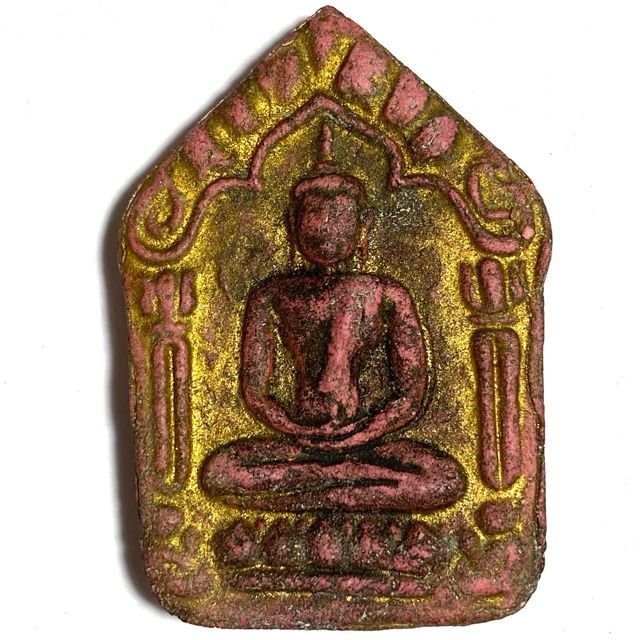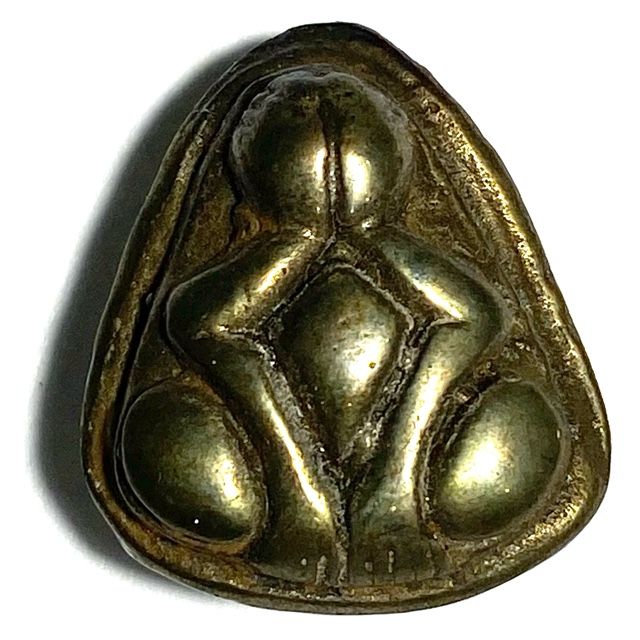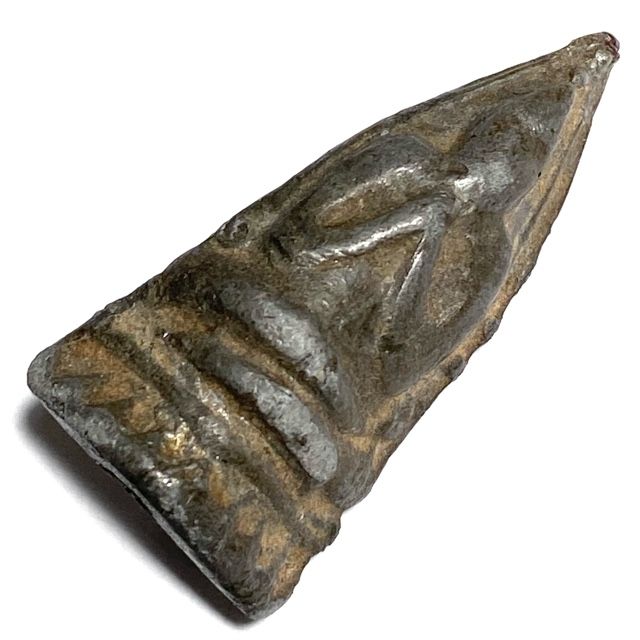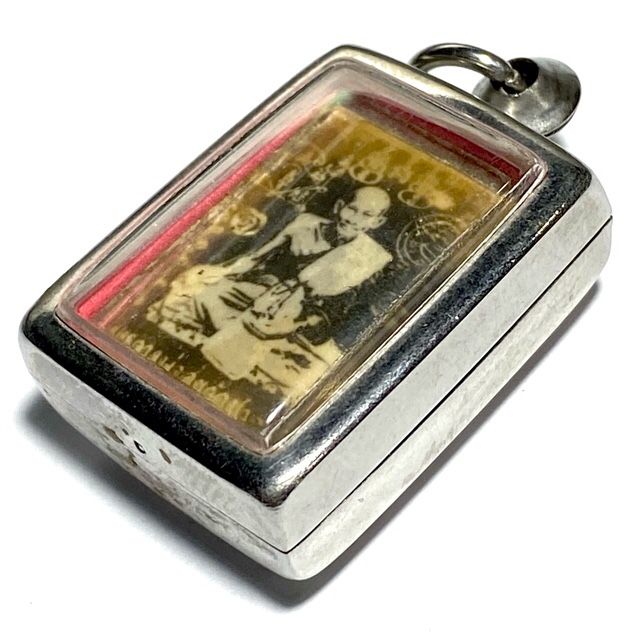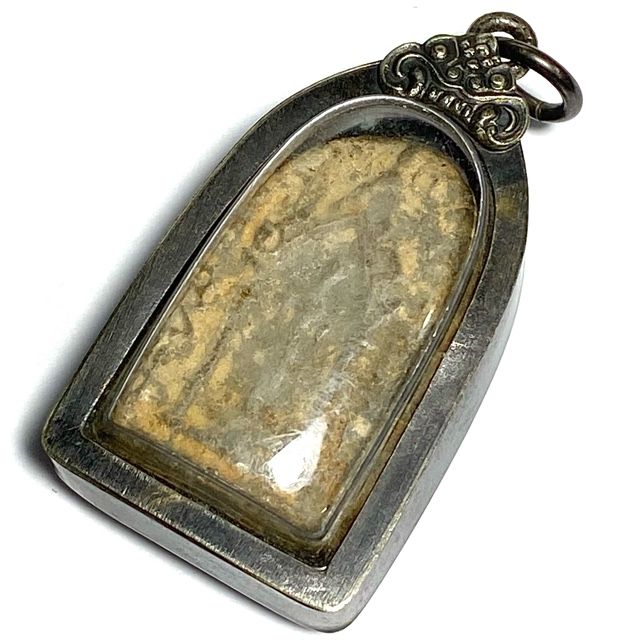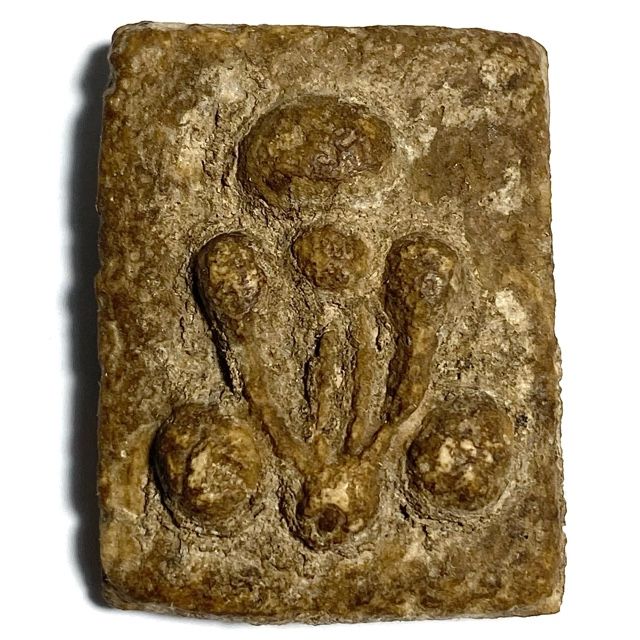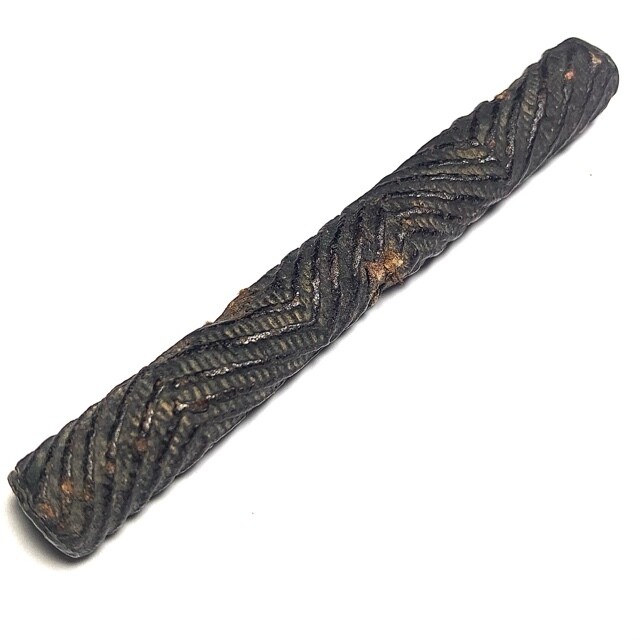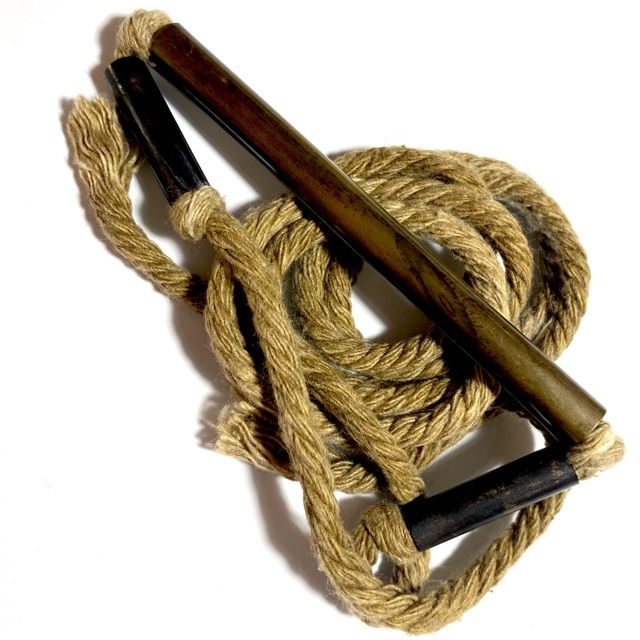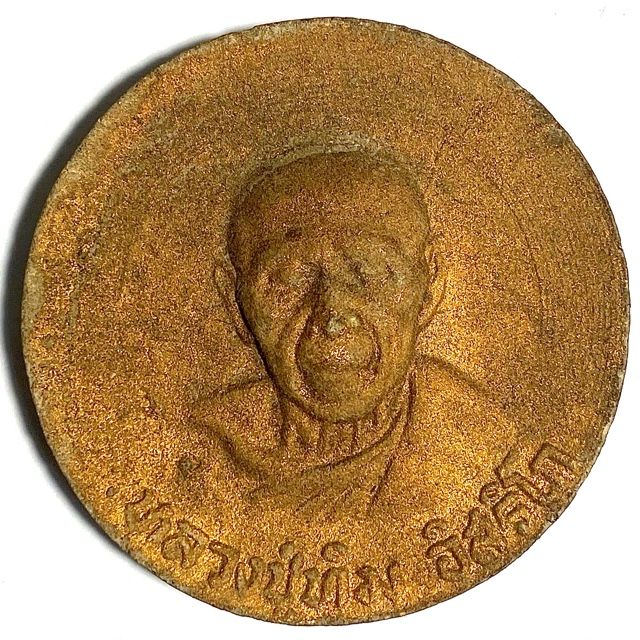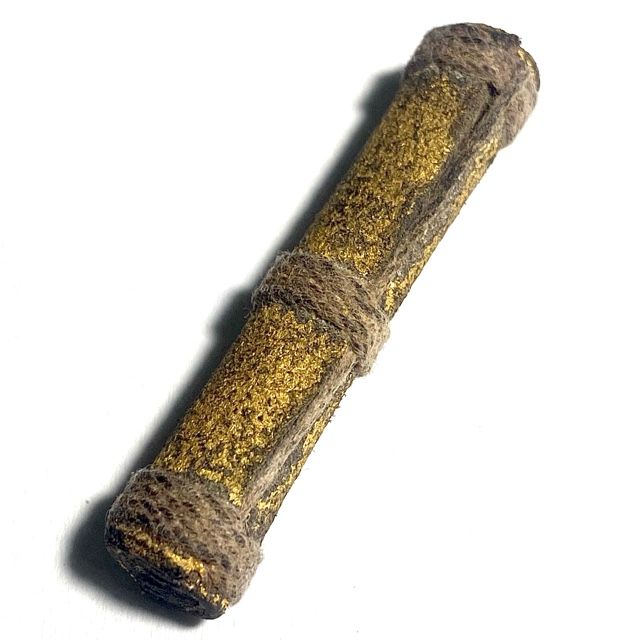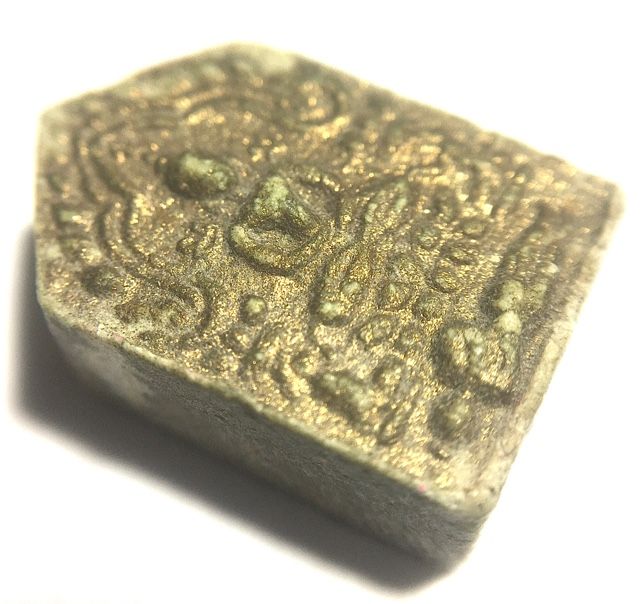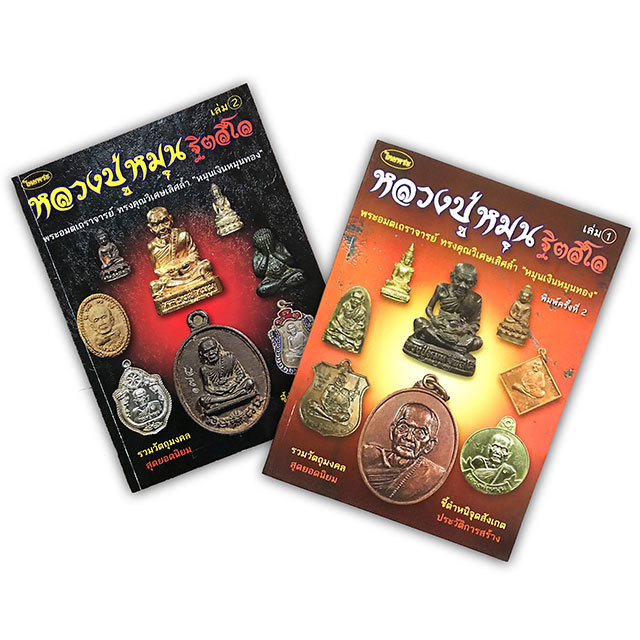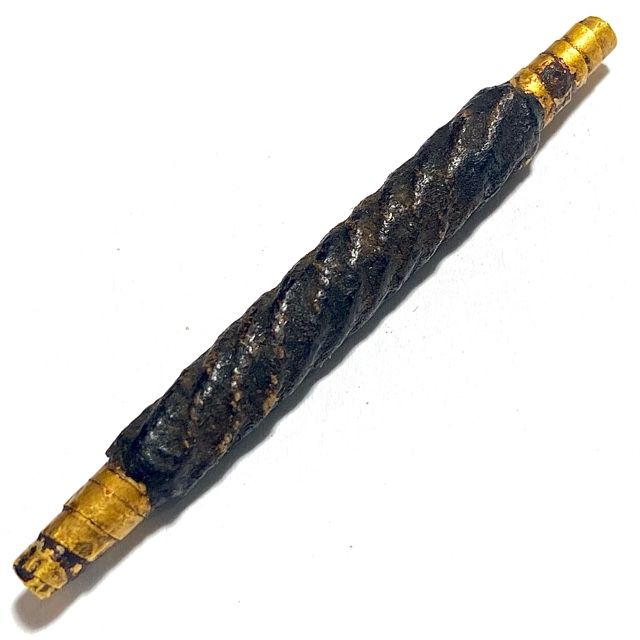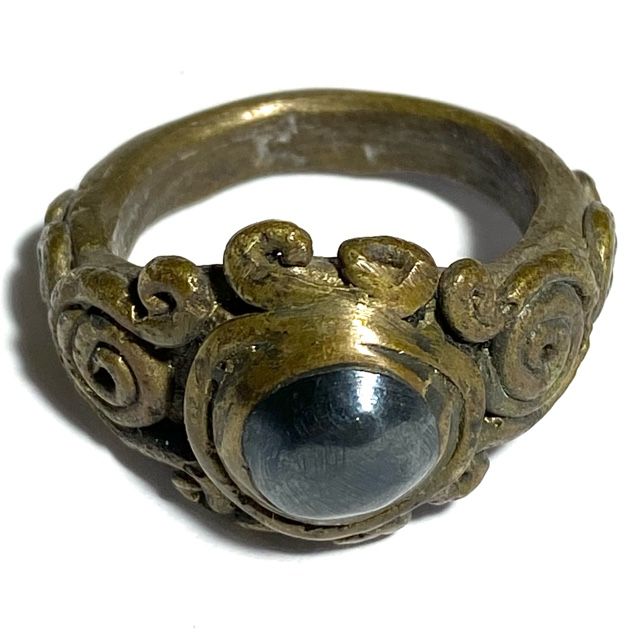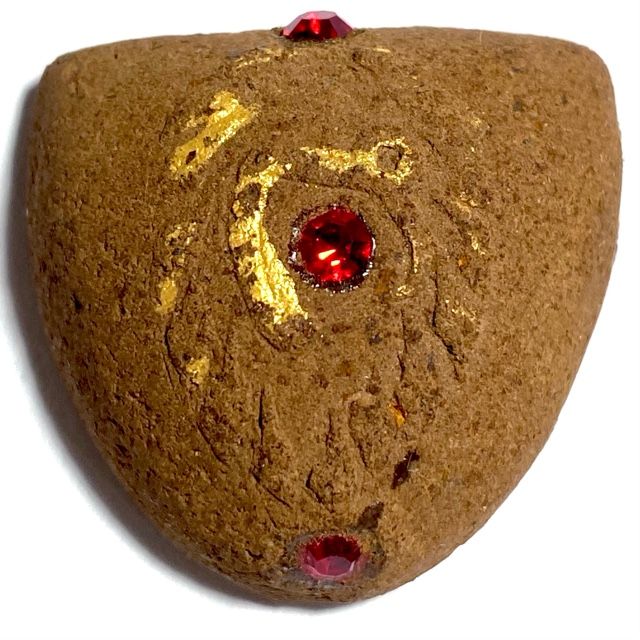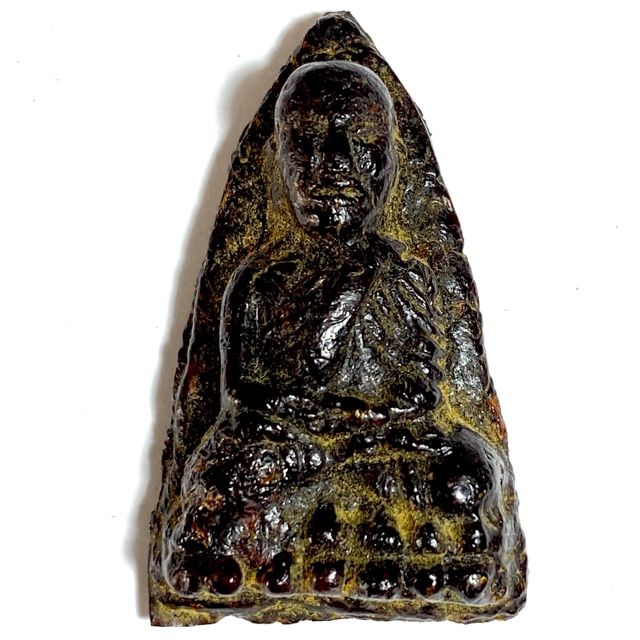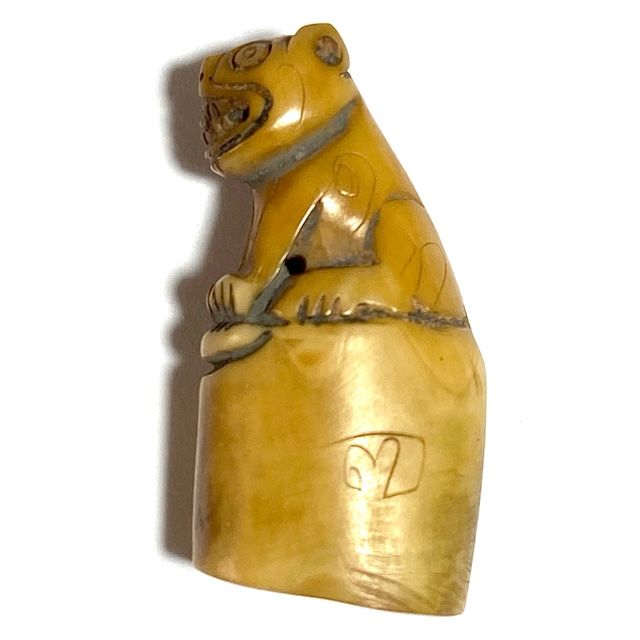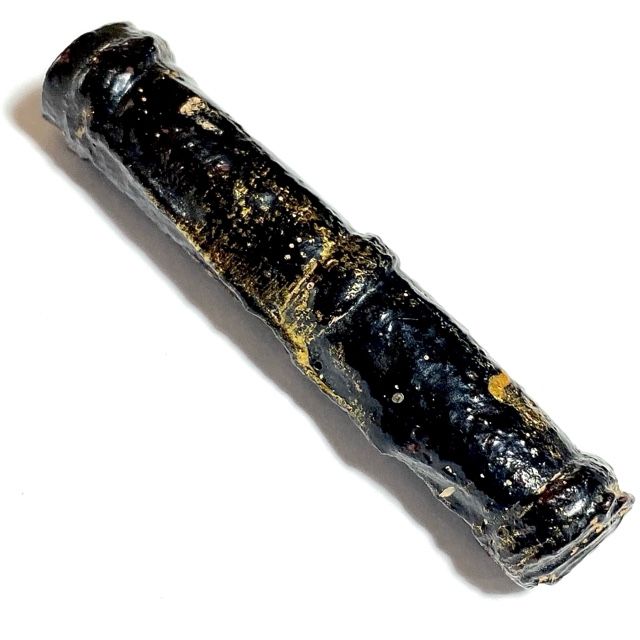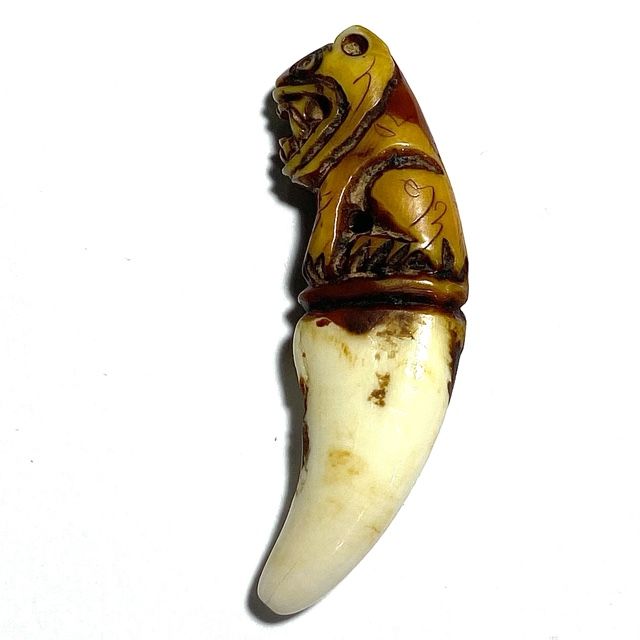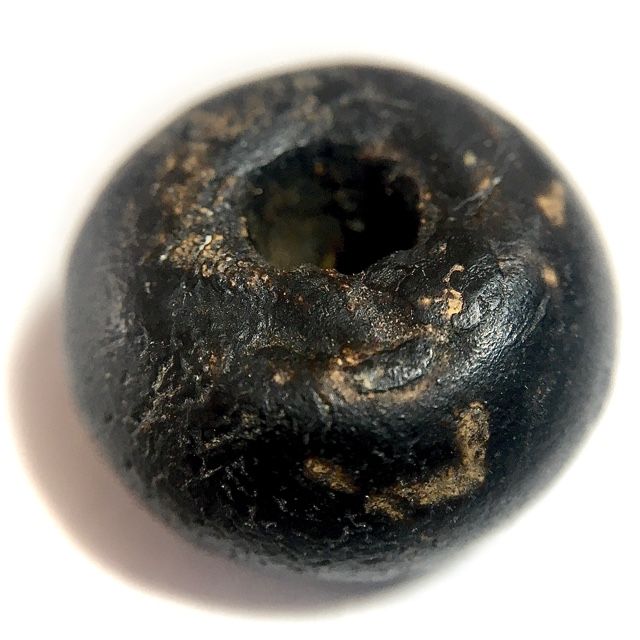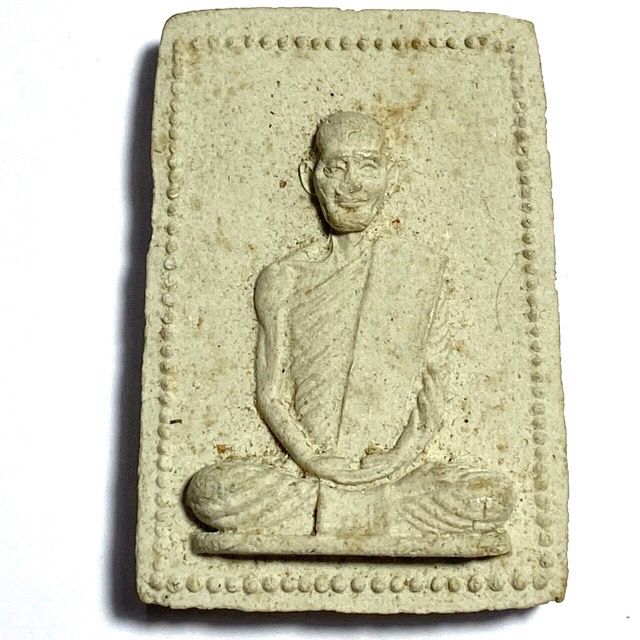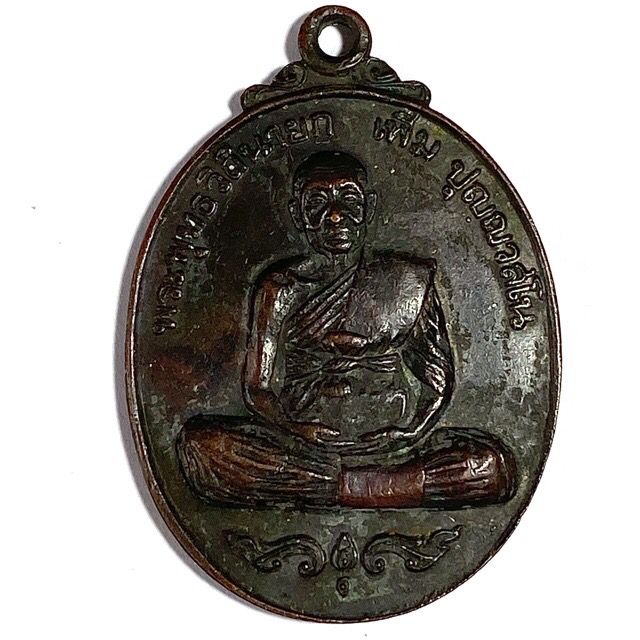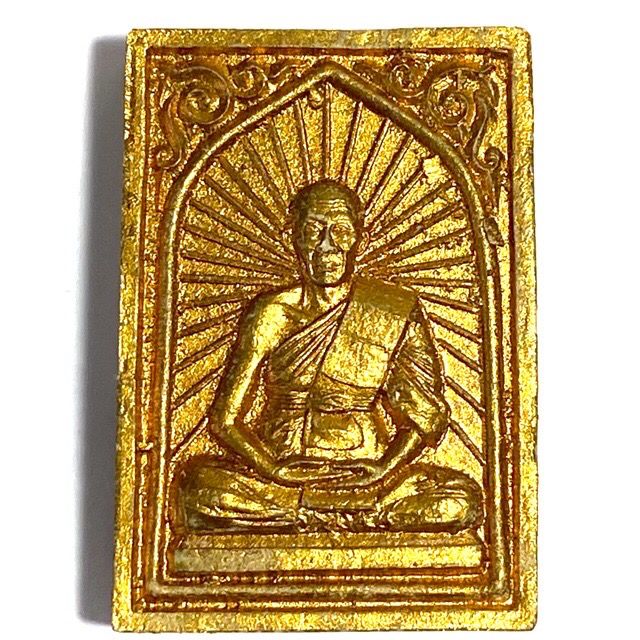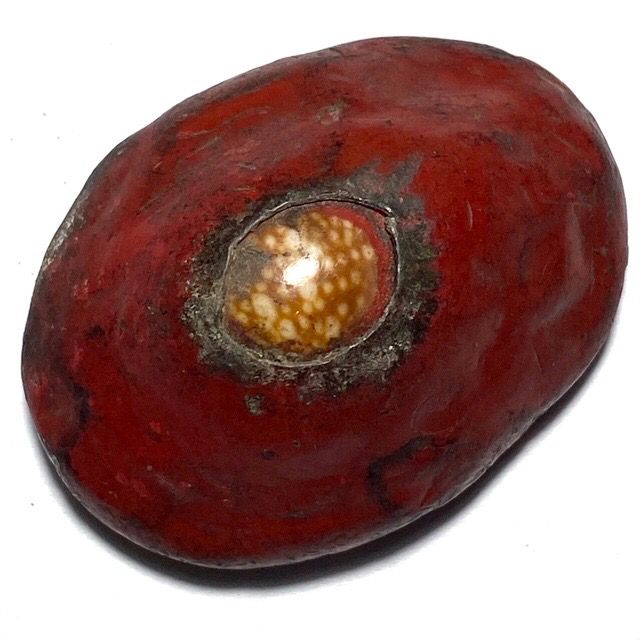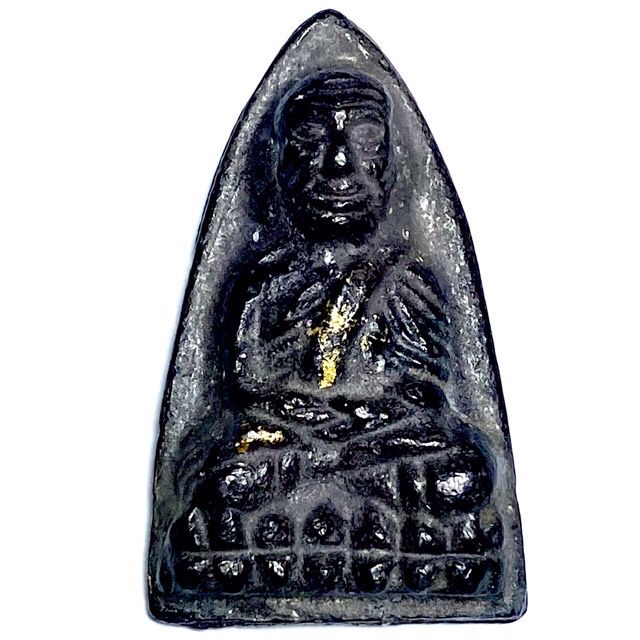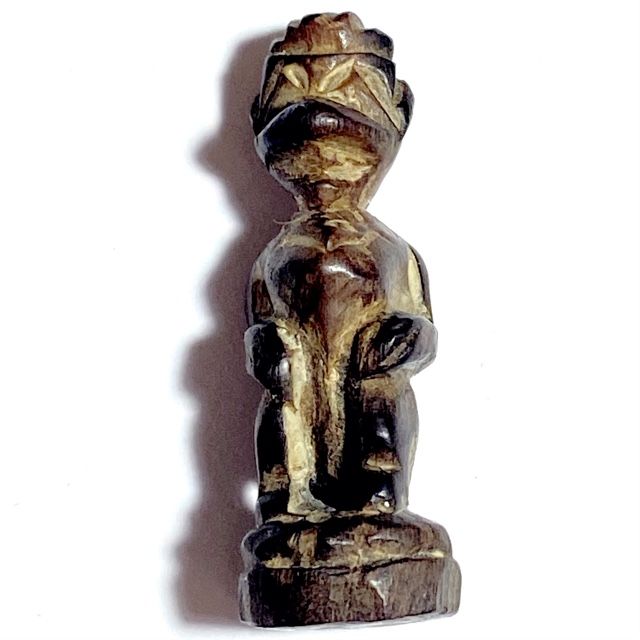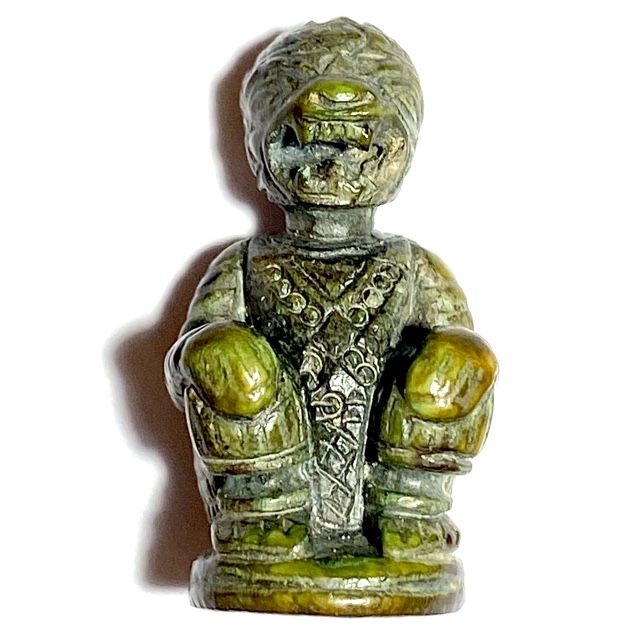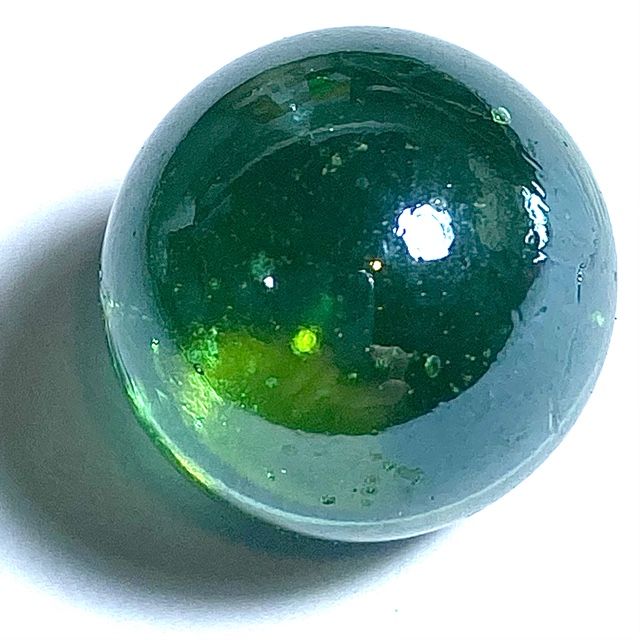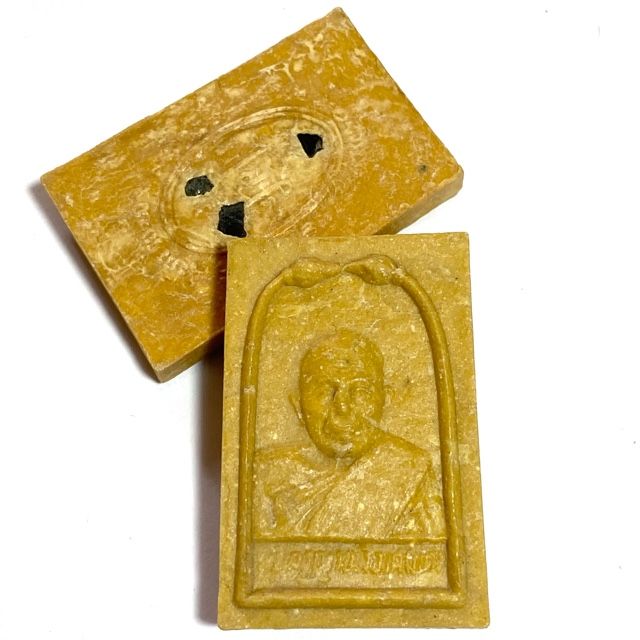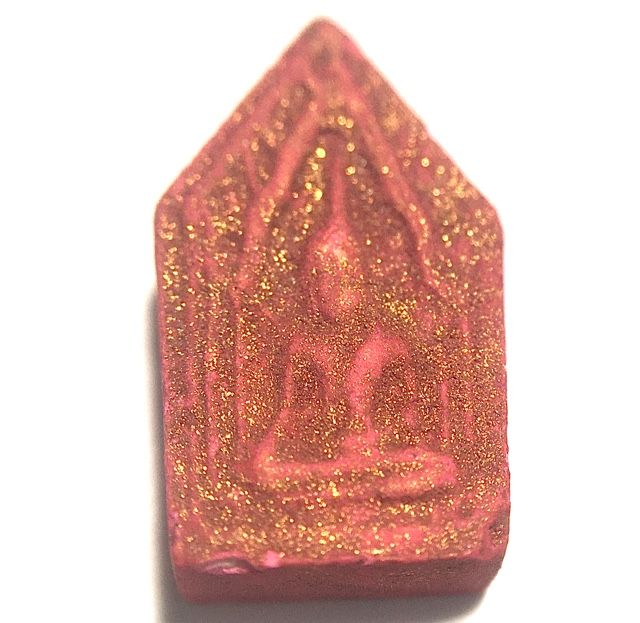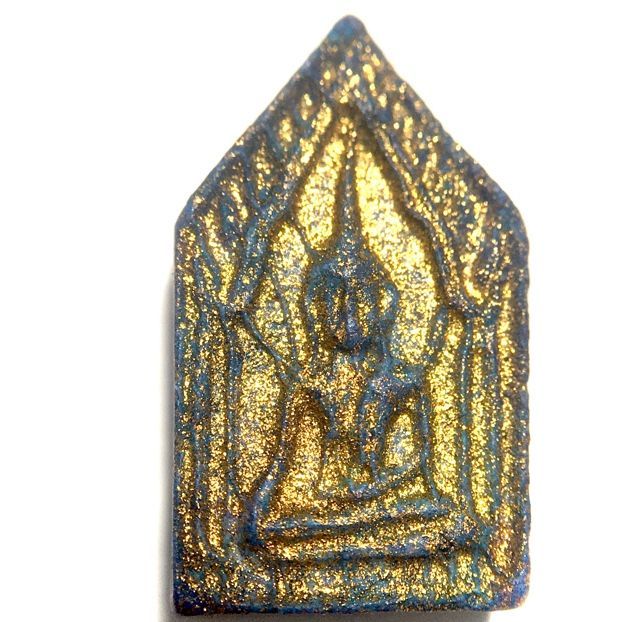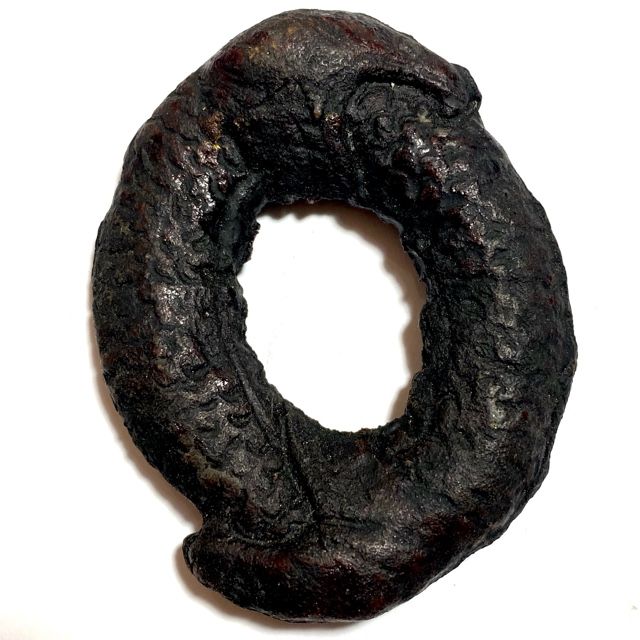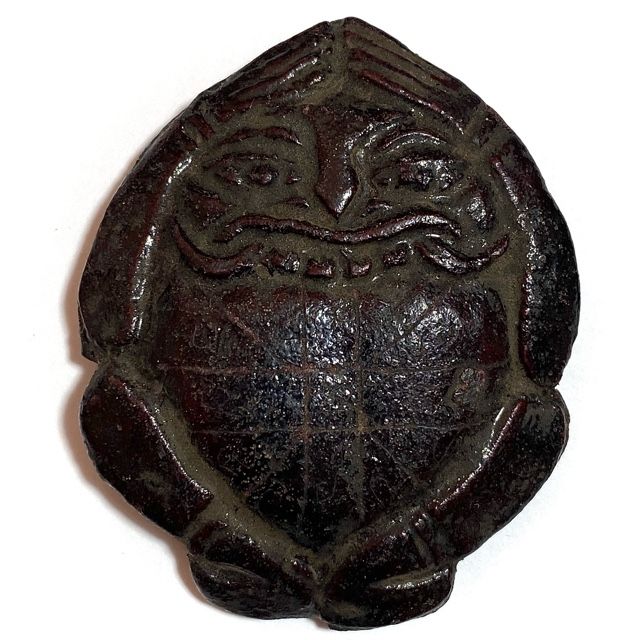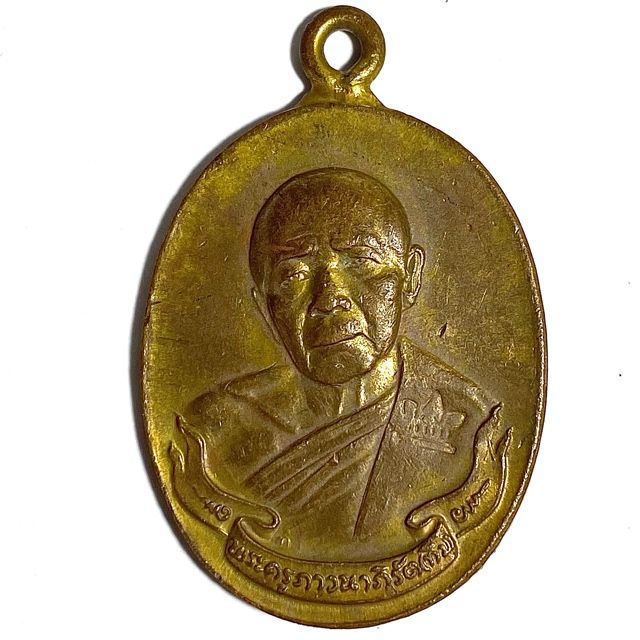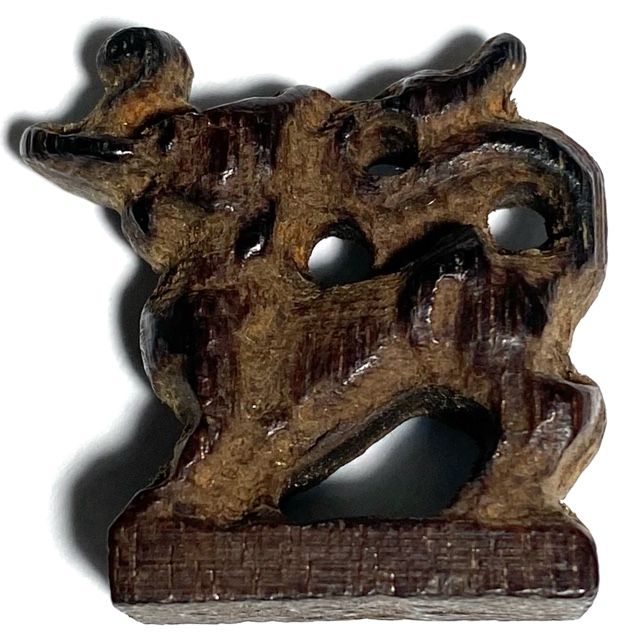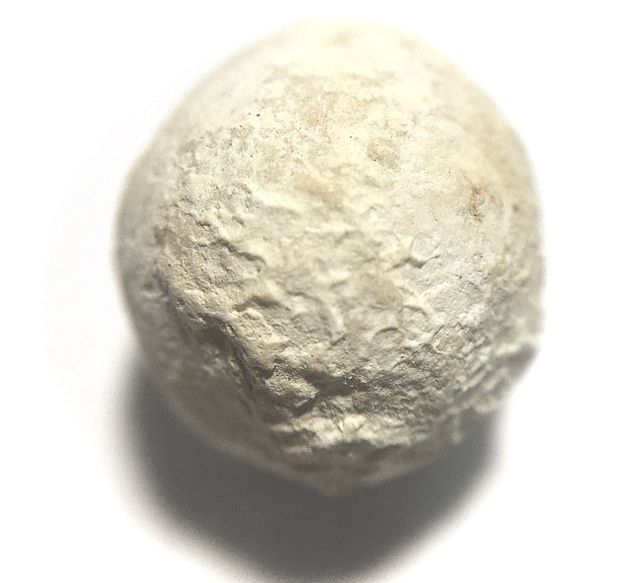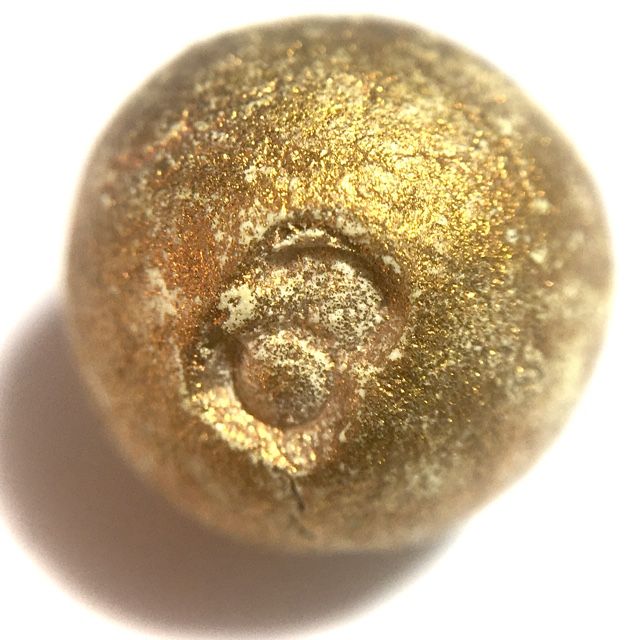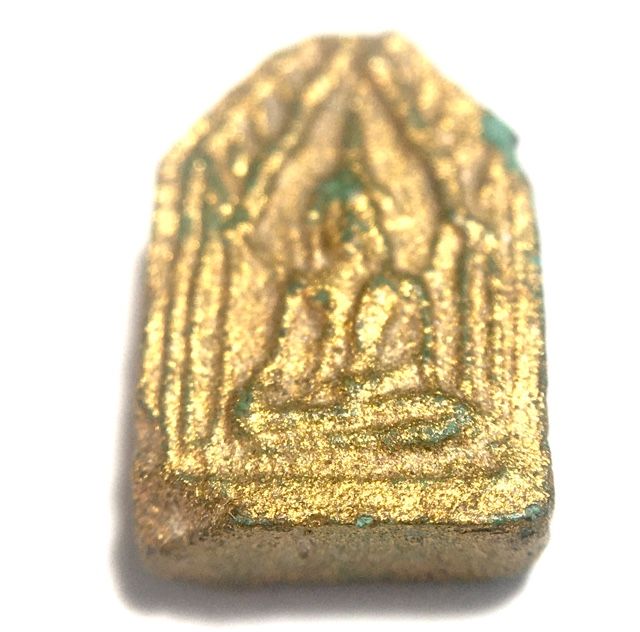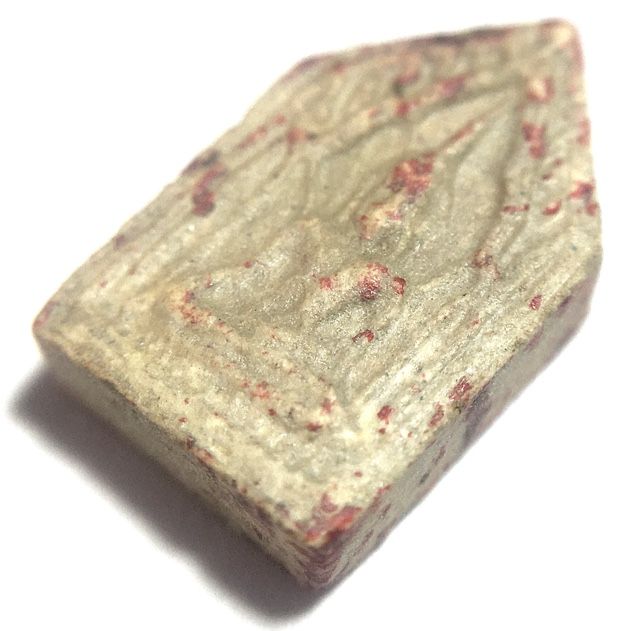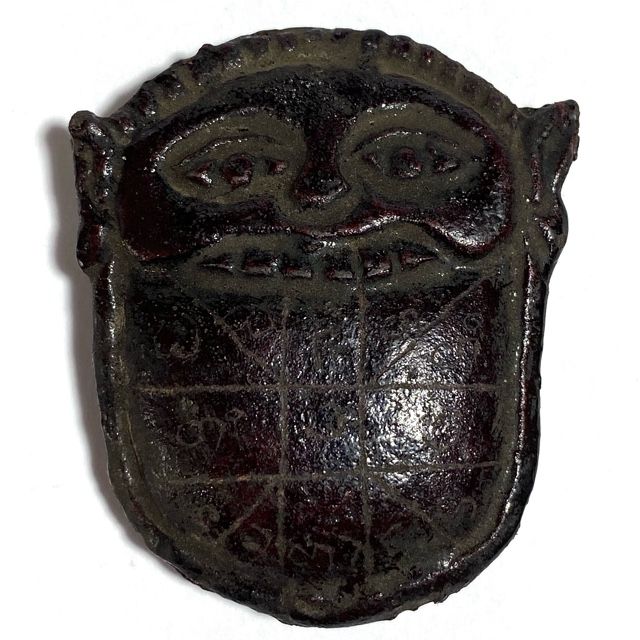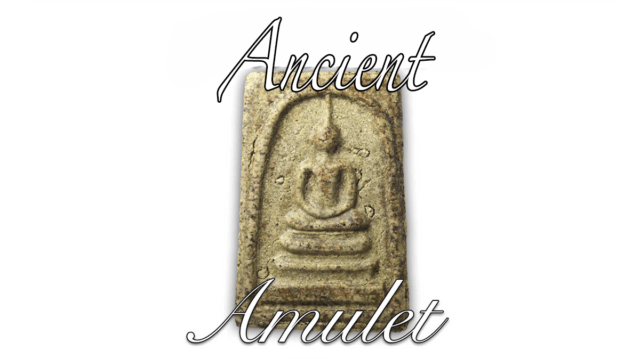
Ancient Amulet Store – Purveyors of preferred Classic Thai Buddhist Amulets for the True Devotee and Distinguished Collector
Discover the immensely deep and fascinating world of Vintage Thai Buddhist Amulets. Ancient Amulet is a long term established and internationally recognized Vintage Amulet Shop, and A Trusted Source for Classic Thai Buddhist Amulets for Devotees and Discerning Collectors, and is one of the many sub projects of informational sources created by Thai Amulet, Buddhism and Thai Occult Expert, Ajarn Spencer Littlewood . as part of his ‘Buddha Magic Project‘
Ancient Amulet provides authentic Antique and Rare Thai Amulets of the Pre and Early Post-Modern Era, of high esteem and Sacred Value, to revere, study and collect. Our Ancient Thai Buddhist Amulets are selected from the finest exhibits we can discover, and given diligent study and authentication processes. Our collection showcases time-honored amulets crafted by ancient masters, boasting captivating qualities and representing the esteemed Pra Niyom class. We offer authentic, highly valued ancient Thai Buddhist amulets from the pre and early post-modern eras, carefully selected from the finest exhibits and thoroughly examined. We invite you to study, revere, and collect these classic amulets from ancient masters, and to learn about their magical aspects and the art of amulet evaluation
All Amulets
Ancient Amulet - Thai Buddhist Pra Niyom Category Amulets
SIGN IN OR CREATE ACCOUNT
BAD NEWS FOR AMERICA;
NOTICE!! REGRETFULLY FOR ORDERS UNDER 350$ TO AMERICA, NO FREE SHIPPING - DUE TO MR TRUMPS TARRIFS AND THAILAND POST COSTS TRIPLING! AMERICAN ORDERS MUST PAY FOR SHIPPING
SIGN IN OR CREATE ACCOUNT
Discover the mesmerizing world of Thai Buddhist heritage with our unique collection of Pra Niyom amulets. These 'High End Preferred Class Antique amulets' are more than just collectibles; they are authentic spiritual artifacts hailing from the profound traditions of Thai Buddhist Sorcerer Monks, Lersi Ascetics, and revered Lay Masters of yesteryear. Our Pra Niyom amulets are a preservation of the memory of the Great Magical Masters of the past, and the Magic they wielded, and hopes to be a bridge to preserve this knowledge in the present and future. The information within Ancient Amulet website provides reference study material, textual, and visual knowledge, for those seeking a deeper understanding of Thai spirituality and culture. These exquisite ancient Thai amulets,are not just for the seasoned collector but for anyone with an appreciation for authenticity, craftsmanship, and the deep-rooted traditions they represent.
AMERICA NO FREE SHIPPING DUE TO MR TRUMP'S TARRIFS AND THAILAND POST COSTS TRIPLING! AMERICAN ORDERS MUST PAY FOR SHIPPING. THANK DONALD TRUMP!
